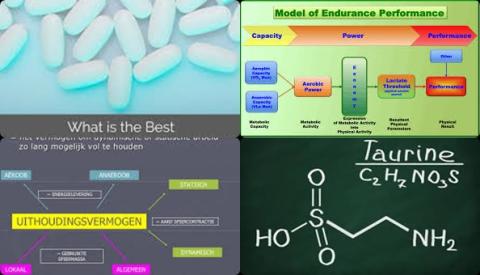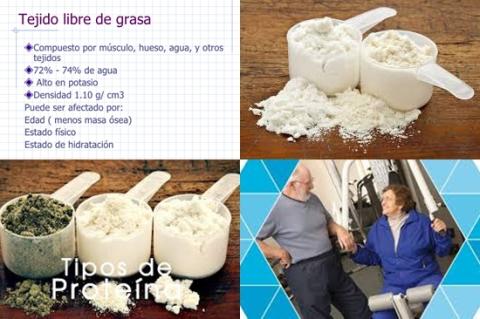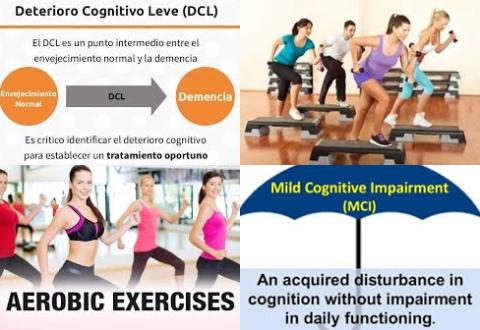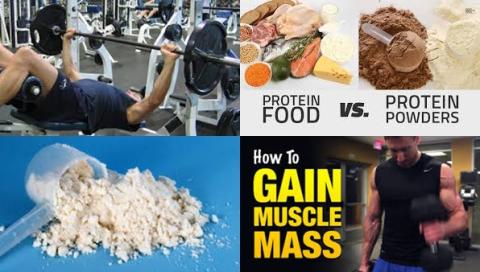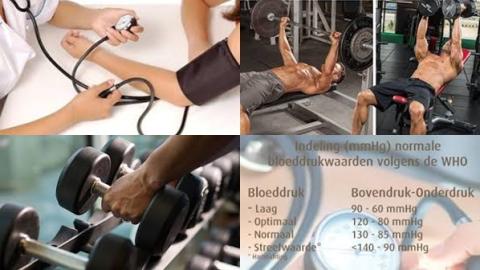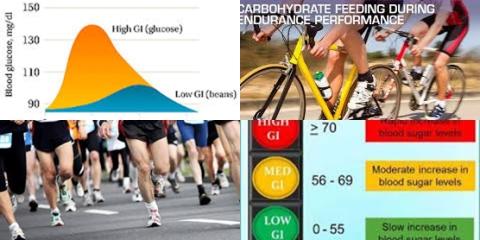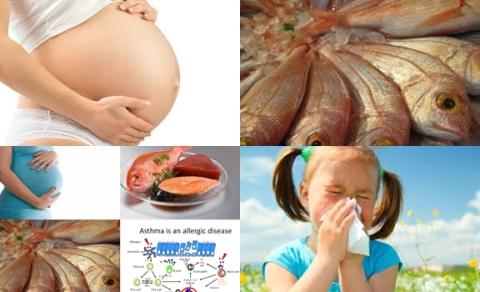Physical activity reduces lung cancer among smokers
Objectives:
Epidemiological evidences regarding the association between physical activity and the risk of lung cancer are still controversial. Therefore, this review article has been conducted.
Does physical activity reduce risk of lung cancer?
Study design:
This review article included 20 cohort studies with a total of 2,965,811 participants and 31,807 lung cancer cases.
The study population were adults with age of >18 years.
Most studies were adjusted for major confounders including age, sex, smoking status and body mass index, etc.
The quality scores ranged from 5 to 9 with a median score of 8.
3 studies were evaluated with a score of 7 and others with a score of ≥7. Thus, the majority of the studies included in the meta-analysis were assessed as high-quality studies.
There might be little indication of publication bias in this meta-analysis.
Results and conclusions:
The investigators found compared with the low level of physical activity, the high level of physical activity significantly reduced risk of lung cancer with 17% [pooled RR = 0.83, 95% CI = 0.77 to 0.90, I2 = 62.6%, p heterogeneity 0.001].
The investigators found in subgroup analyses, compared with the low level of physical activity, the high level of physical activity significantly reduced risk of lung cancer among women with 10% [pooled RR = 0.90, 95% CI = 0.82 to 0.99].
The investigators found in subgroup analyses compared with the low level of physical activity, the high level of physical activity significantly reduced risk of lung cancer among men with 19% [pooled RR = 0.81, 95% CI = 0.73 to 0.90].
The investigators found smokers with a high level of physical activity were associated with a 10% lower risk for lung cancer [RR = 0.90, 95% CI = 0.84 to 0.97], while the association was not significant among non-smokers [RR = 0.95, 95% CI = 0.88 to 1.03].
Subgroups analysis stratified by whether the studies adjusted for smoking intensity and durations yielded the same magnitude of RR.
However, the RR for subgroups without adjustment for dietary factors was 0.74 [95% CI = 0.71 to 0.77], which was significantly lower than that with dietary factors adjusted [RR = 0.89, 95% CI = 0.84 to 0.95].
The investigators found in sensitivity analyses, the pooled RRs ranged from 0.82 [95% CI = 0.76 to 0.89] to 0.86 [95% CI = 0.81 to 0.92]. The trend was generally similar with the overall analysis.
The investigators concluded a high level of physical activity reduces risk of lung cancer among smokers. Large interventional studies are expected to further verify these findings. If the inverse association, as well as the effect modification by smoking status, reflects a causal relation, future precision prevention of lung cancer by increased physical activity may be more effective when targeting to smokers rather than non-smokers.
Original title:
Association Between Physical Activity and Lower Risk of Lung Cancer: A Meta-Analysis of Cohort Studies by Liu Y, Li Y, […], Fan XX.
Link:
https://www.ncbi.nlm.nih.gov/pmc/articles/PMC6349707/
Additional information of El Mondo:
Find here more information/studies about sport nutrition and cancer.
